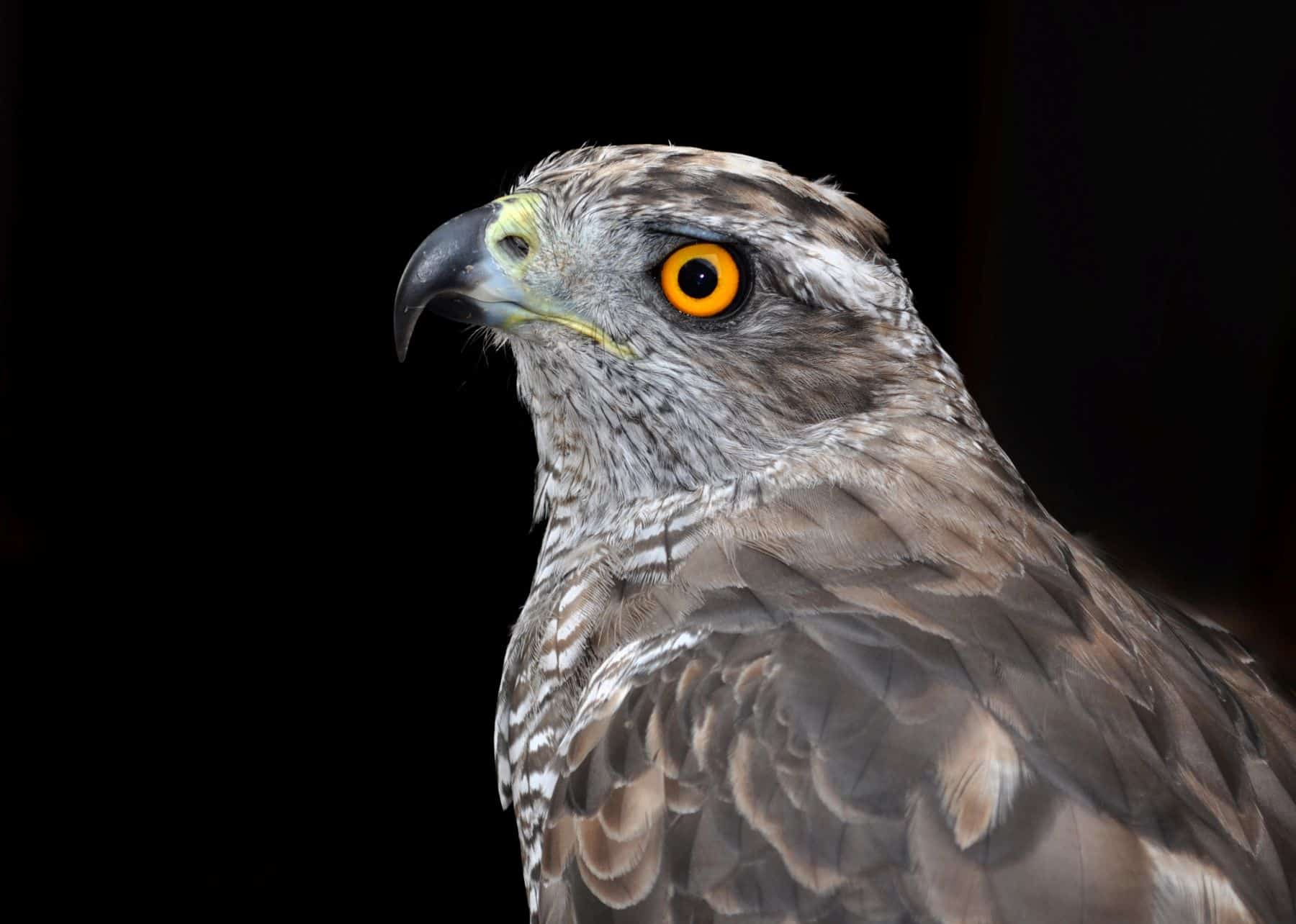By According to Royal Decree 181/2008, of 8 February, the “official state of Gazette”, better known as Boe o Official Gazette of the Spanish state is the possibility to publish laws, provisions and actions of mandatory insertion.
The “official state of Gazette”, Boe is published every day of the year, except on Sunday. However, the Ministry of the Presidency, relations with the courts and democratic memory can order the publication of extraordinary figures.
What can we find published in De Boe?
- The general provisions of the state bodies and international treaties or agreements.
- The general provisions of the autonomous communities, in accordance with the provisions of the articles of association of autonomy and in the standards with the rank of law for their development.
- The resolutions and actions of the constitutional bodies of the State, in accordance with the provisions of their respective organic laws.
- The provisions that are not generally, the resolutions and actions of the ministerial departments and other state bodies and public administrations, when a law or a royal decree established.
- The calls, summons, requests and advertisements when a law or a royal decree that is determined in this way.
The council of ministers can agree exceptionally Publication of official reports, documents or communicationWhose diffusion is considered of general interest.
Data of great importance that is collected by De Boe
The data was in the Boe, In the official state of Gazette, and they had not noticed the great importance that they had until they realized that it was essential information of 59 endangered species. A team of researchers from the Institute of Biodiversity and Bioma Environment from the University of Navarra Has saved more than 1200 primary biodiversity records. All this information was in Environmental evaluations carried out between 2013 and 2023.
The study offers an important database for conservation and decision -making in this area, according to Navarra University. This data, hitherto held in administrative resolutions, have been converted into a localizable, accessible, interoperable and reusable set (stock market) and have been published in The International Portal of Global Biodiversity Information (GBIF).
The research has been published in Biodiversity Data Journal And Maite TelletXea, Rafael Miranda, Arturo Ariño and David Galicia took part. “That existing data remain hidden, shows that We are not entirely efficient in data management of biodiversity And it makes an enormous amount of information that can be used to preserve endangered species, “explains TelletXea, main author of the study.
The researchers have assessed thousands of documents from the official state of Gazette (Boe), identifying 4630 species records, of which 1263 correspond to verified field observations. The species include coverage 59 endangered or protected taxa in Spain, from bats and birds of prey to turtles and amphibians, many of them cataloged as vulnerable or in danger.
In the Navarre places of Lazagurría, Mendavia, Oyón, Peralta and Ujué They have been identified 43 records of 25 different typesIncluding 19 included in the catalog of endangered species in Navarra.
Of this, Six threatens (such as the Perdicera Eagle and the Mediterranean Herradura Bat); Two are sensitive to the change in their habitat (Cueva and Ganga Ortega Bat); Six are considered vulnerable (including the Alimoche or Milano Real); And five are considered a special interest (as is the case with the real Colarriale and large Nóctulo).
To extract this data, They used advanced techniques for automated text extraction and manual assessment, With a data precision and recovery larger than 93%. Subsequently, the records were georefered and adapted to the Darwin Core Standard, which makes its integration into international open data infrastructure such as GBIF.
This effort contributes to Reduce the volume of what is known as “dark data”Valid scientific information that is not shared. “Publishing our data or mobilizing dark data is important because data may contain valuable information about these species that will enrich the available evidence for scientific research and environmental management,” says co -author Rafael Miranda.
This research makes it possible View the available knowledge of Biodiversity in Spain And it also serves as an example about how access to public data can generate real benefits for environmental management and nature conservation. “The data, such as the knowledge we acquire, must be shared”Resalta Love TelletXea.

